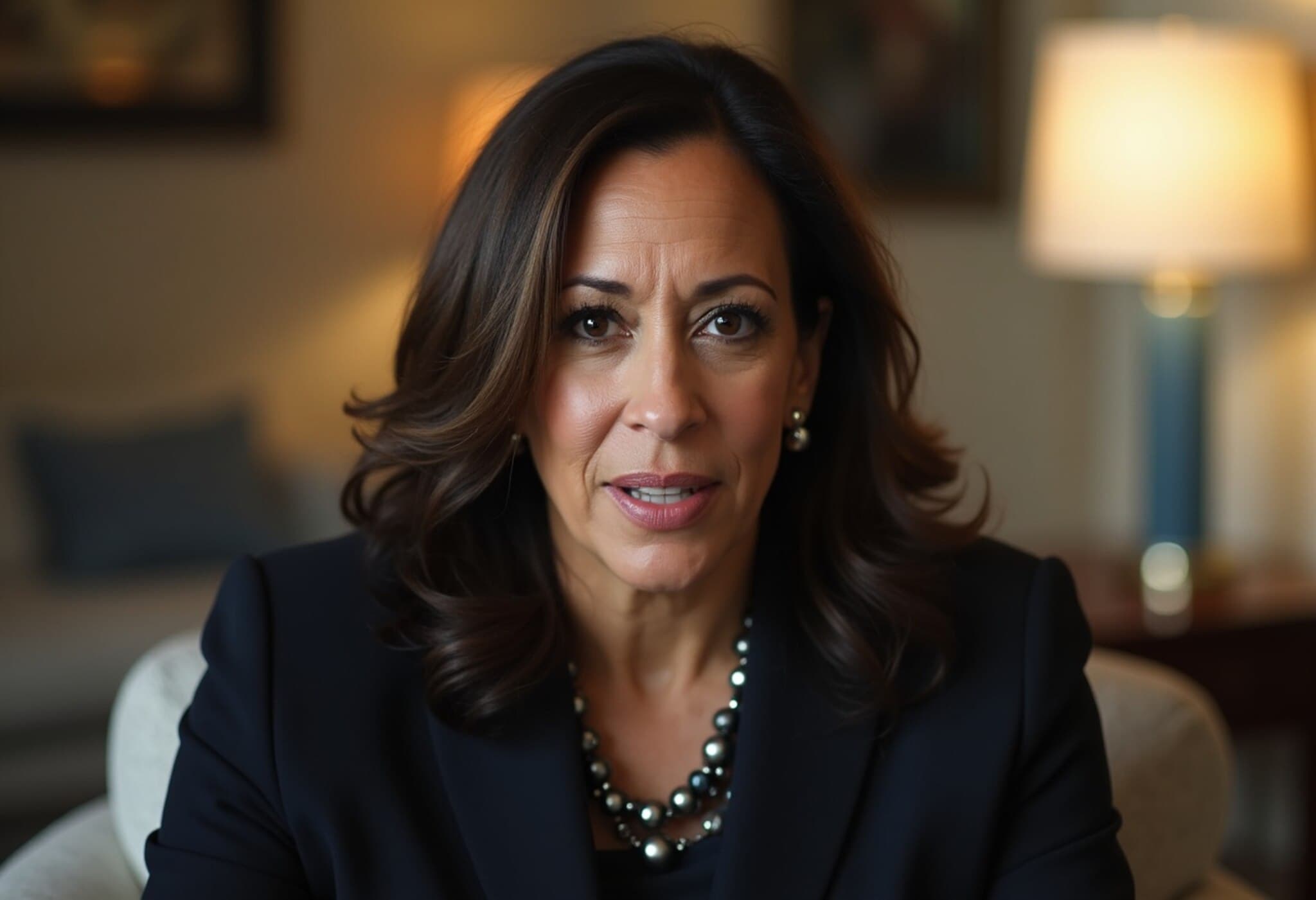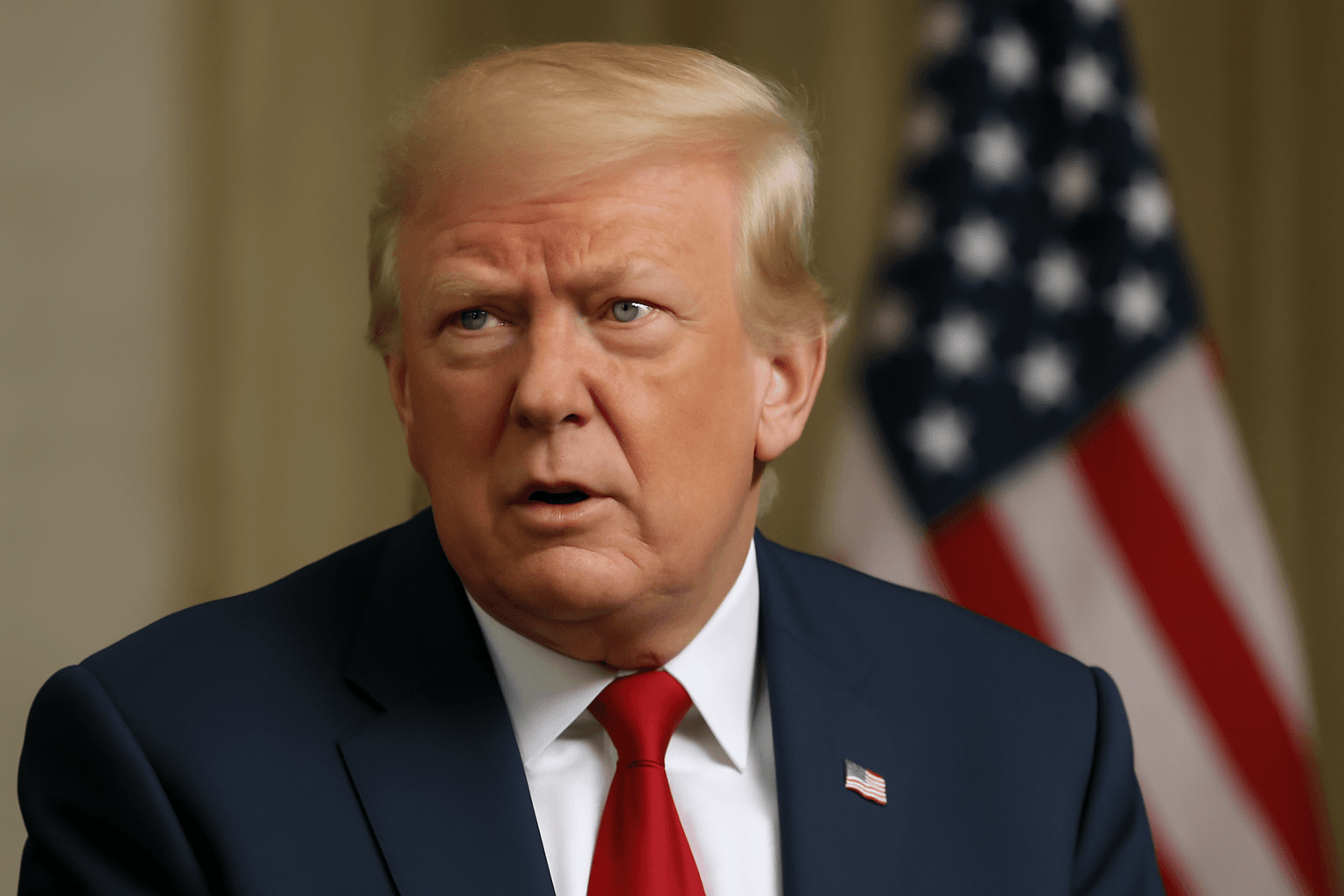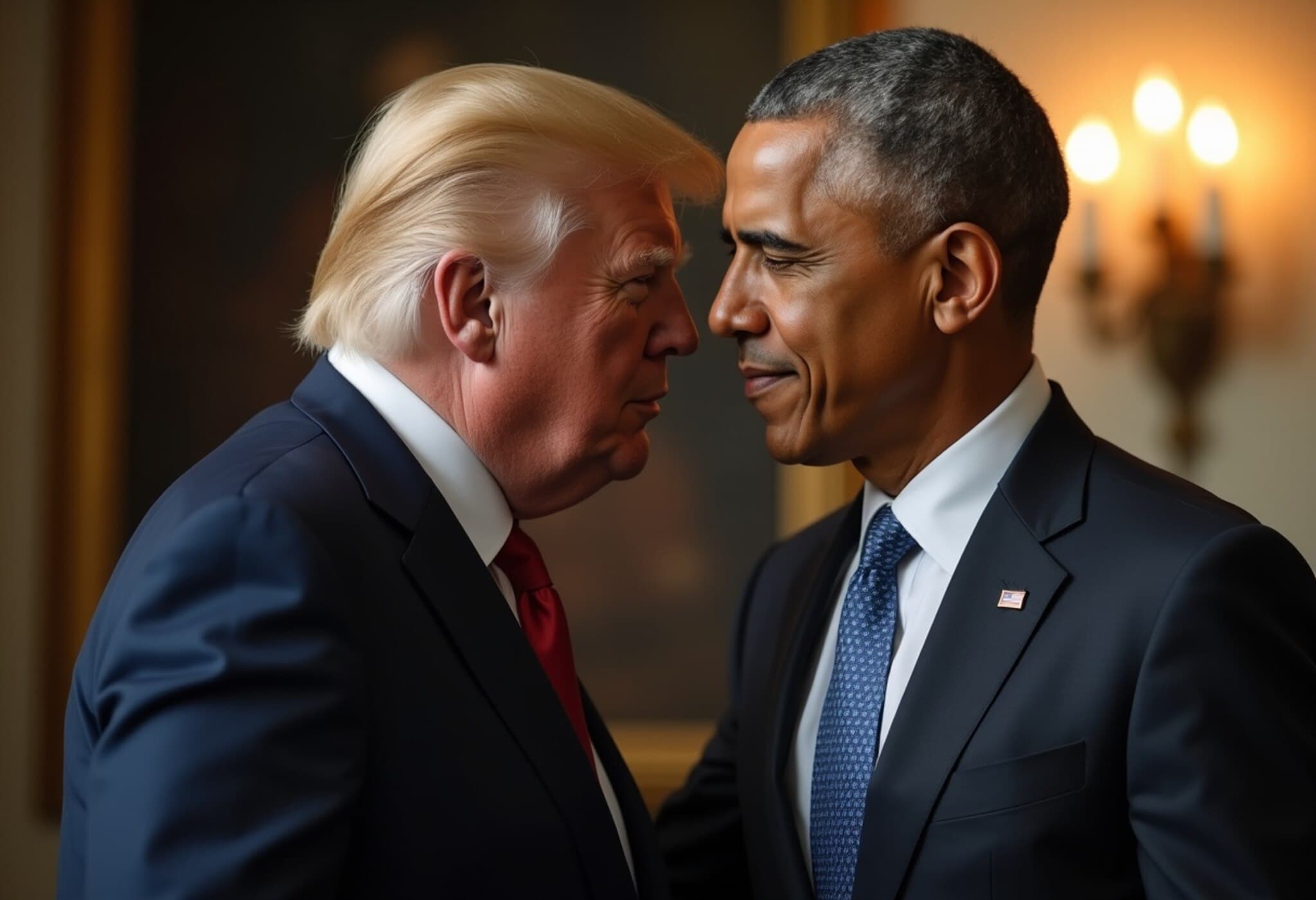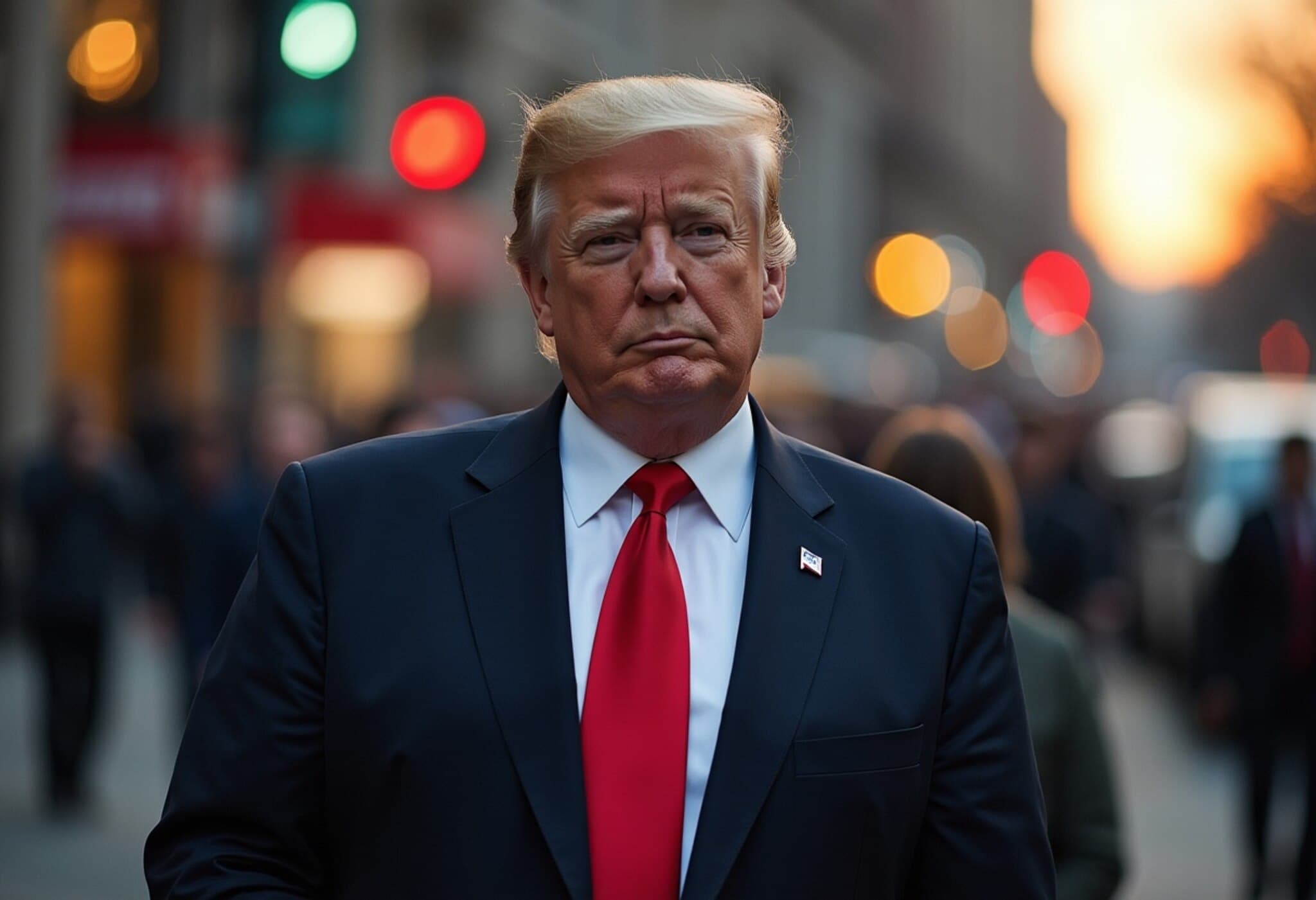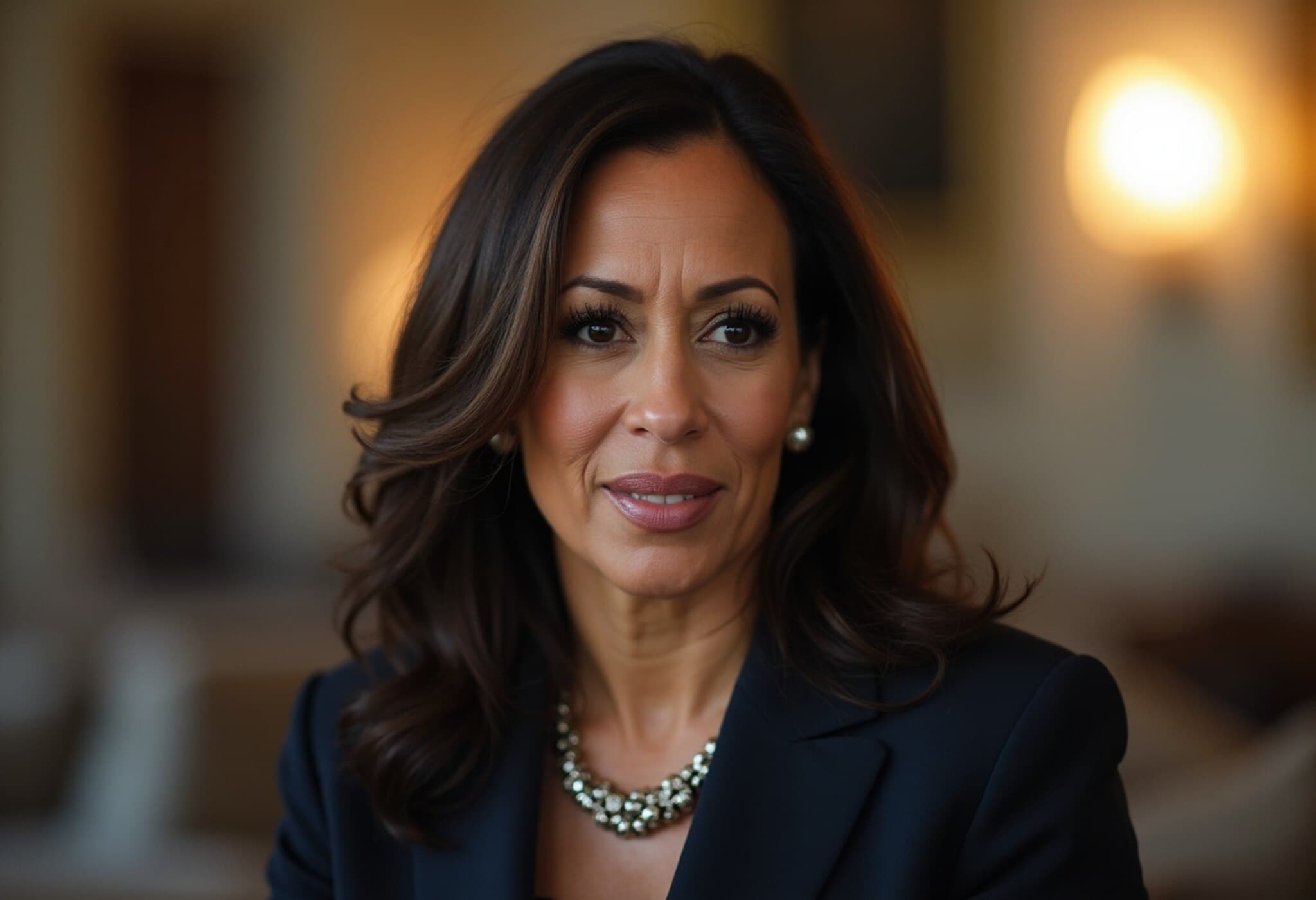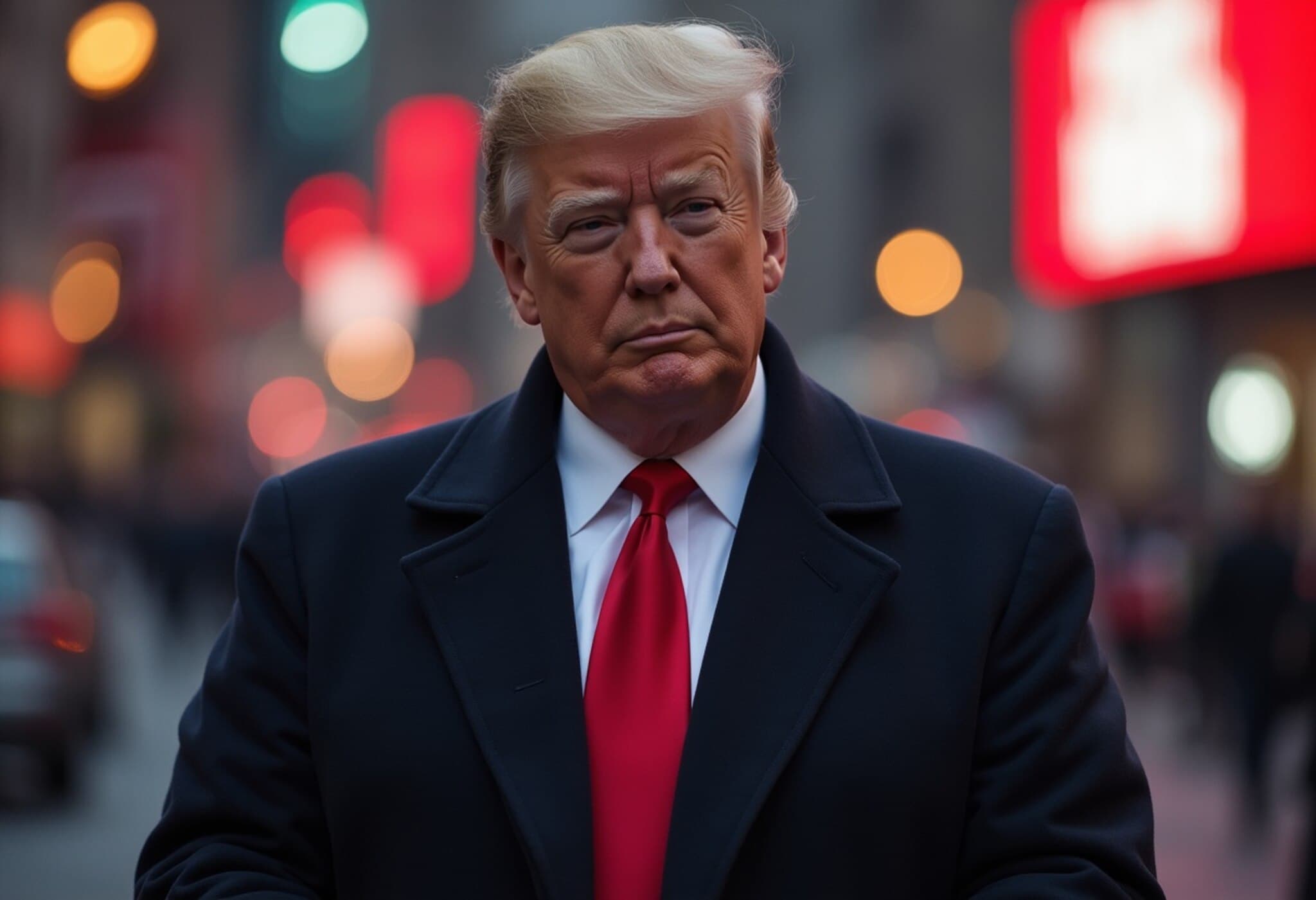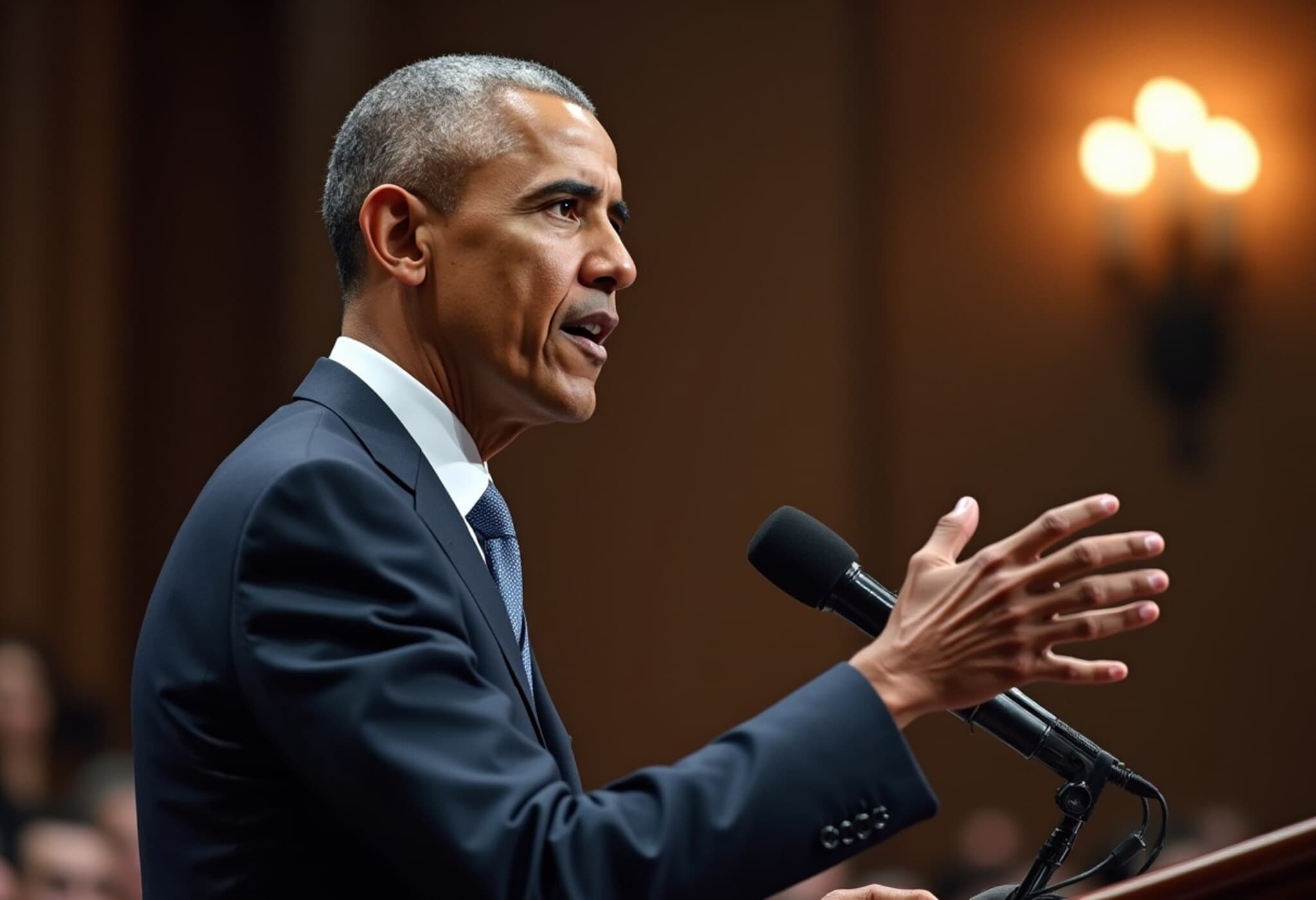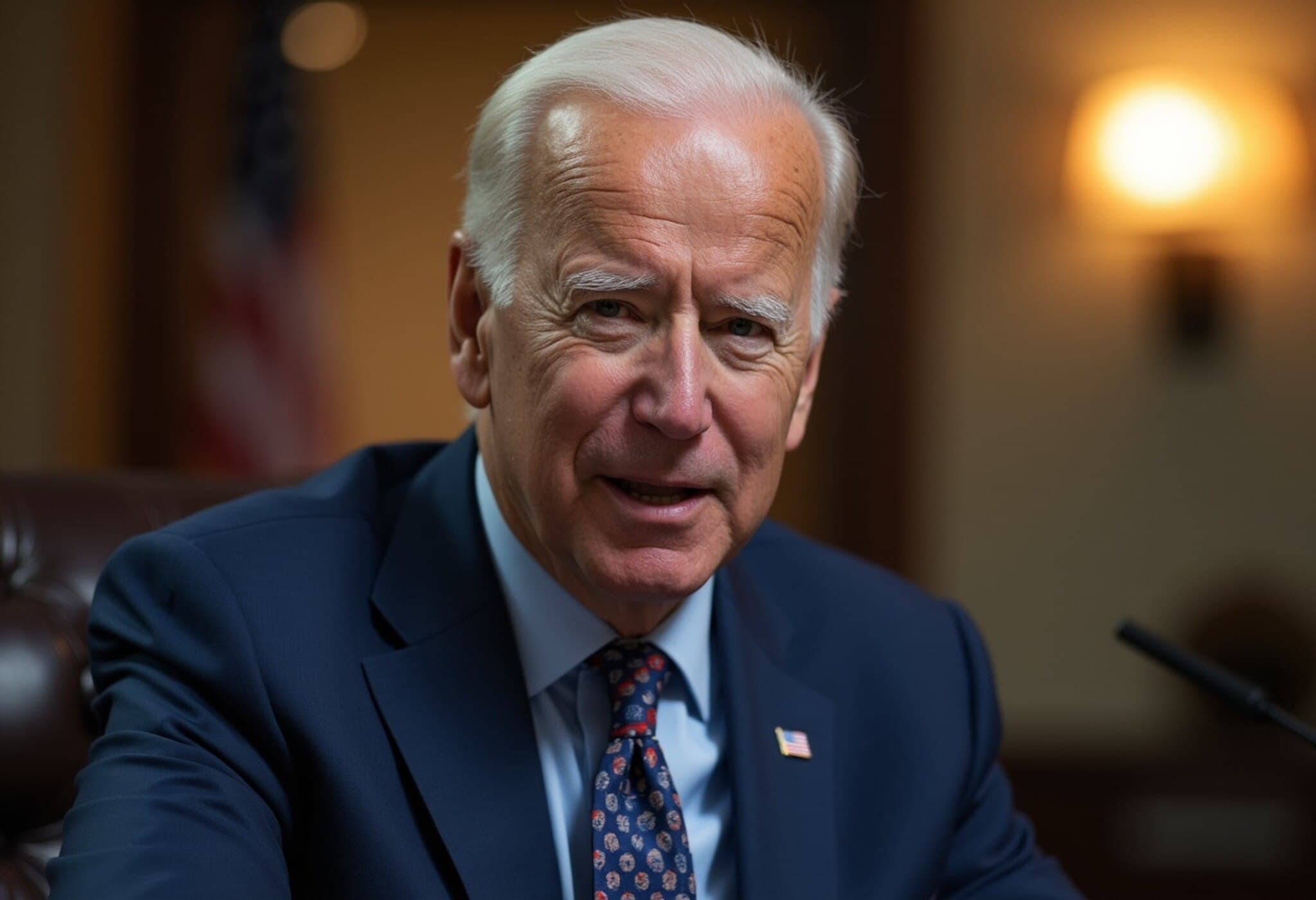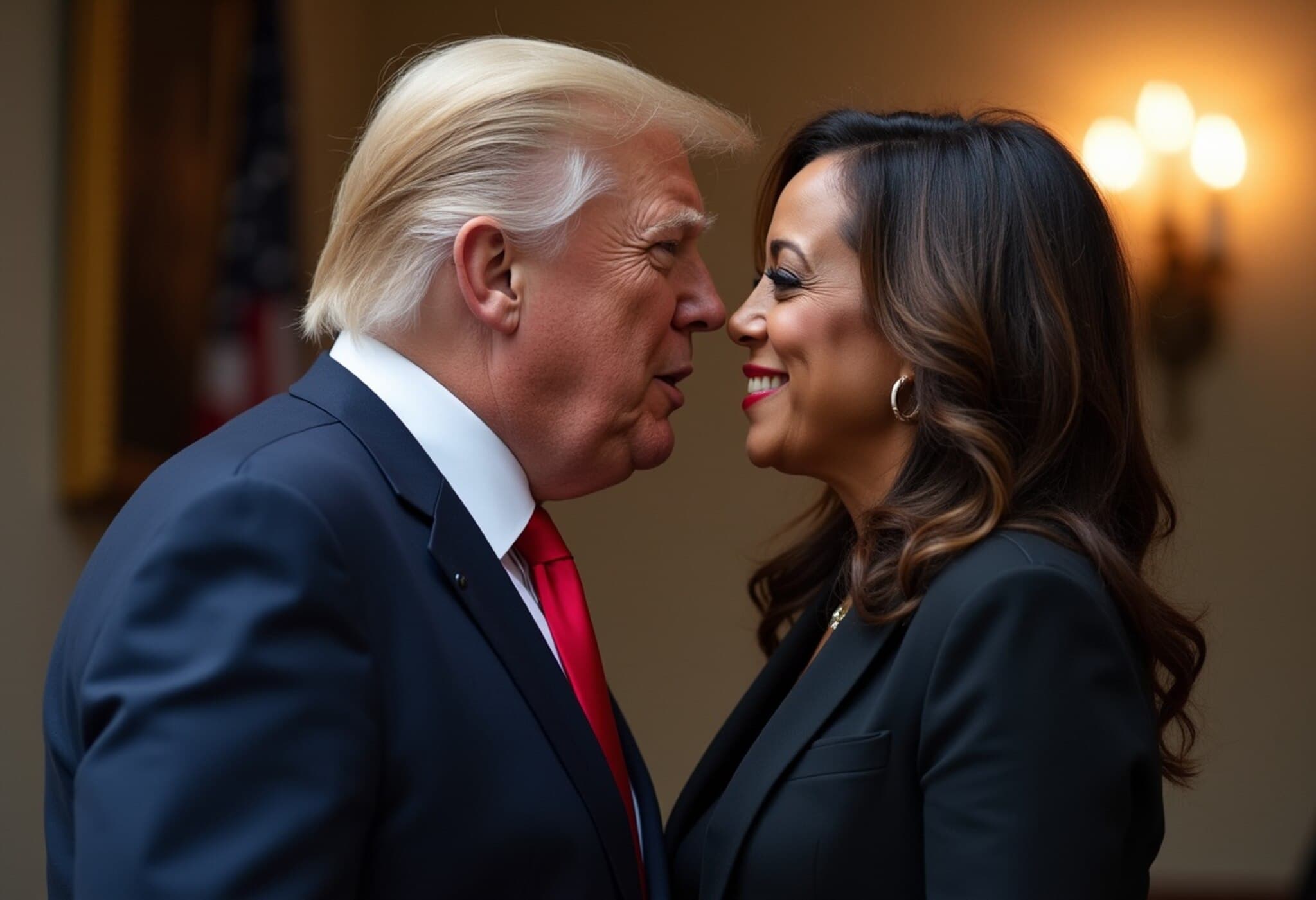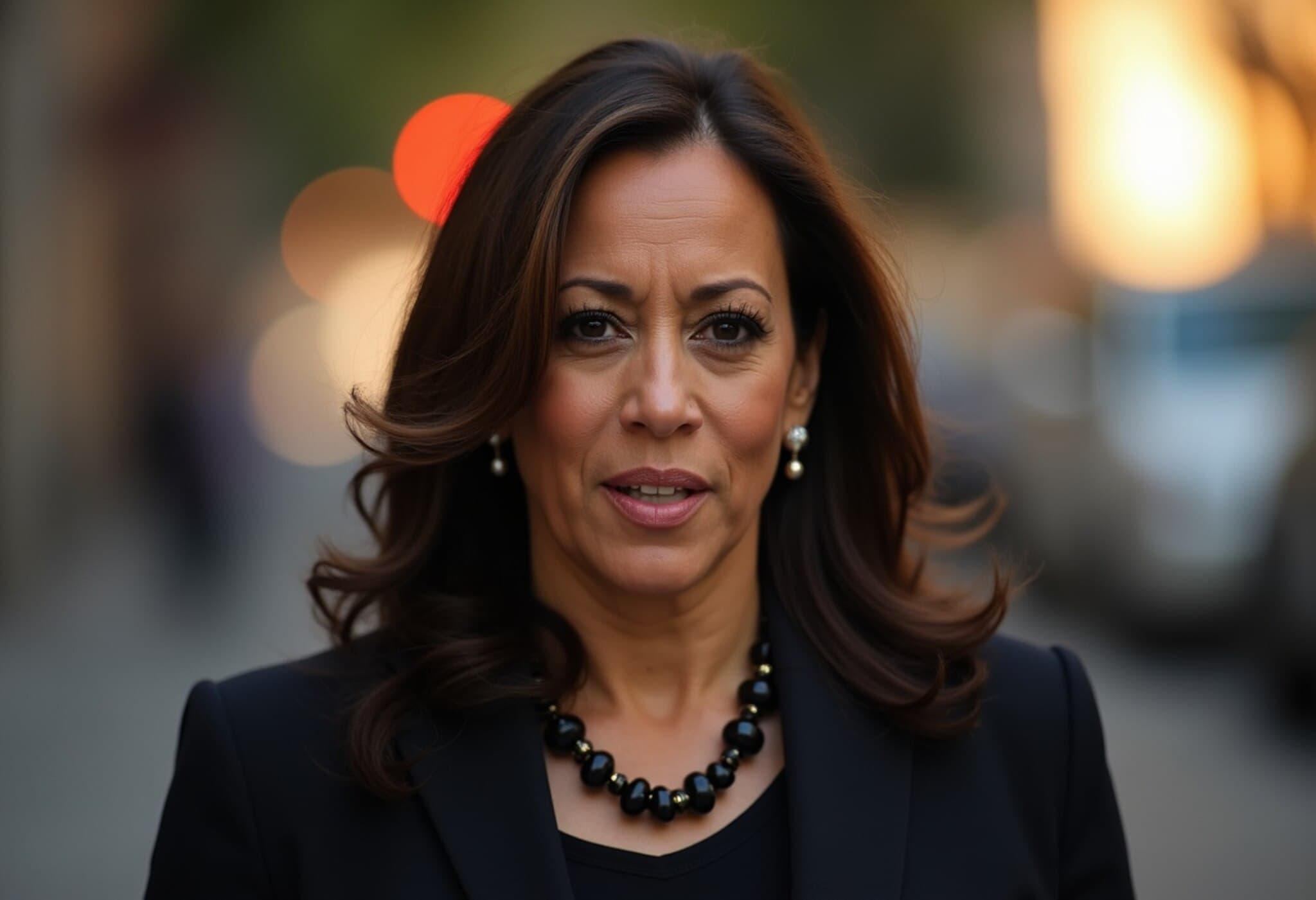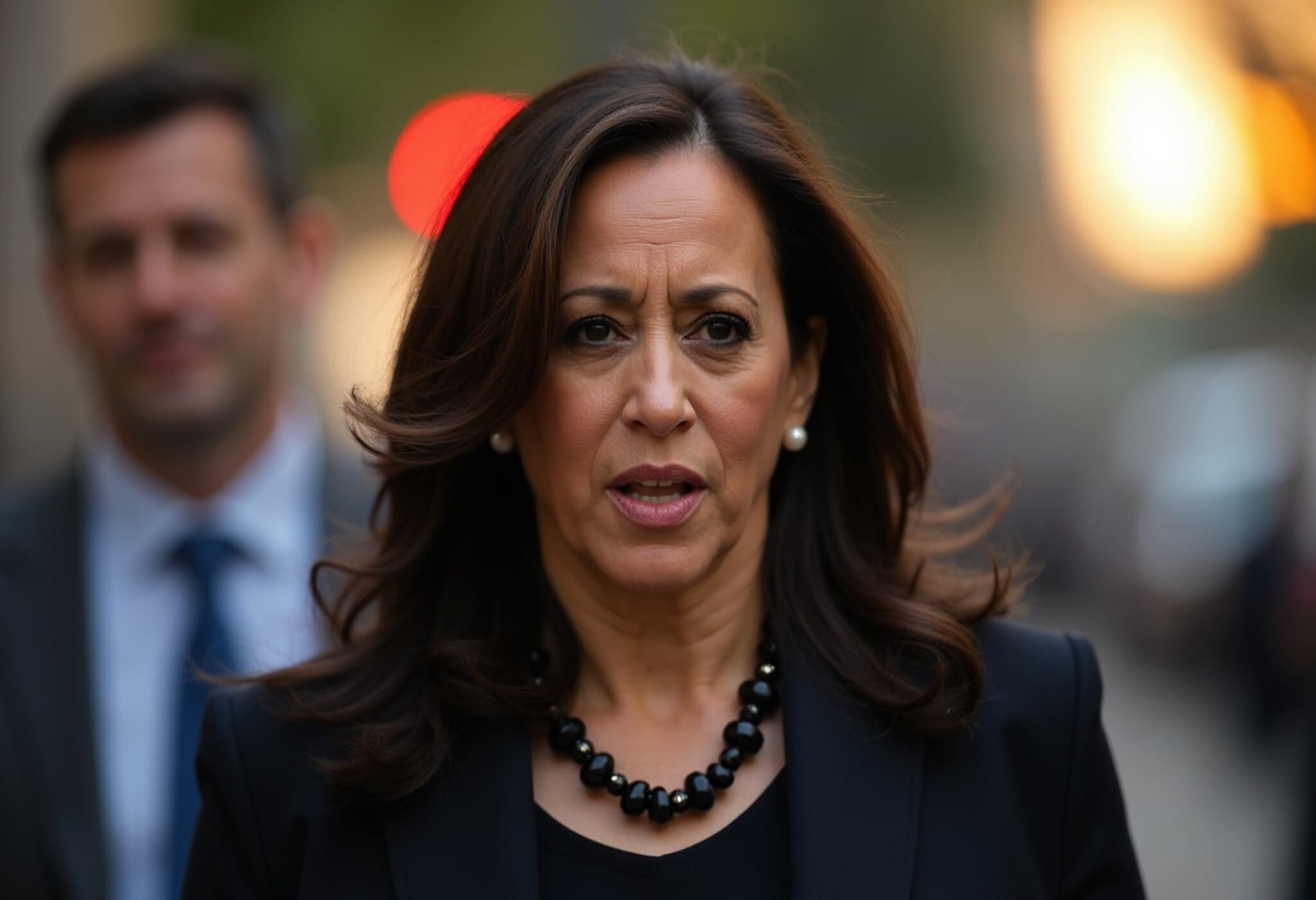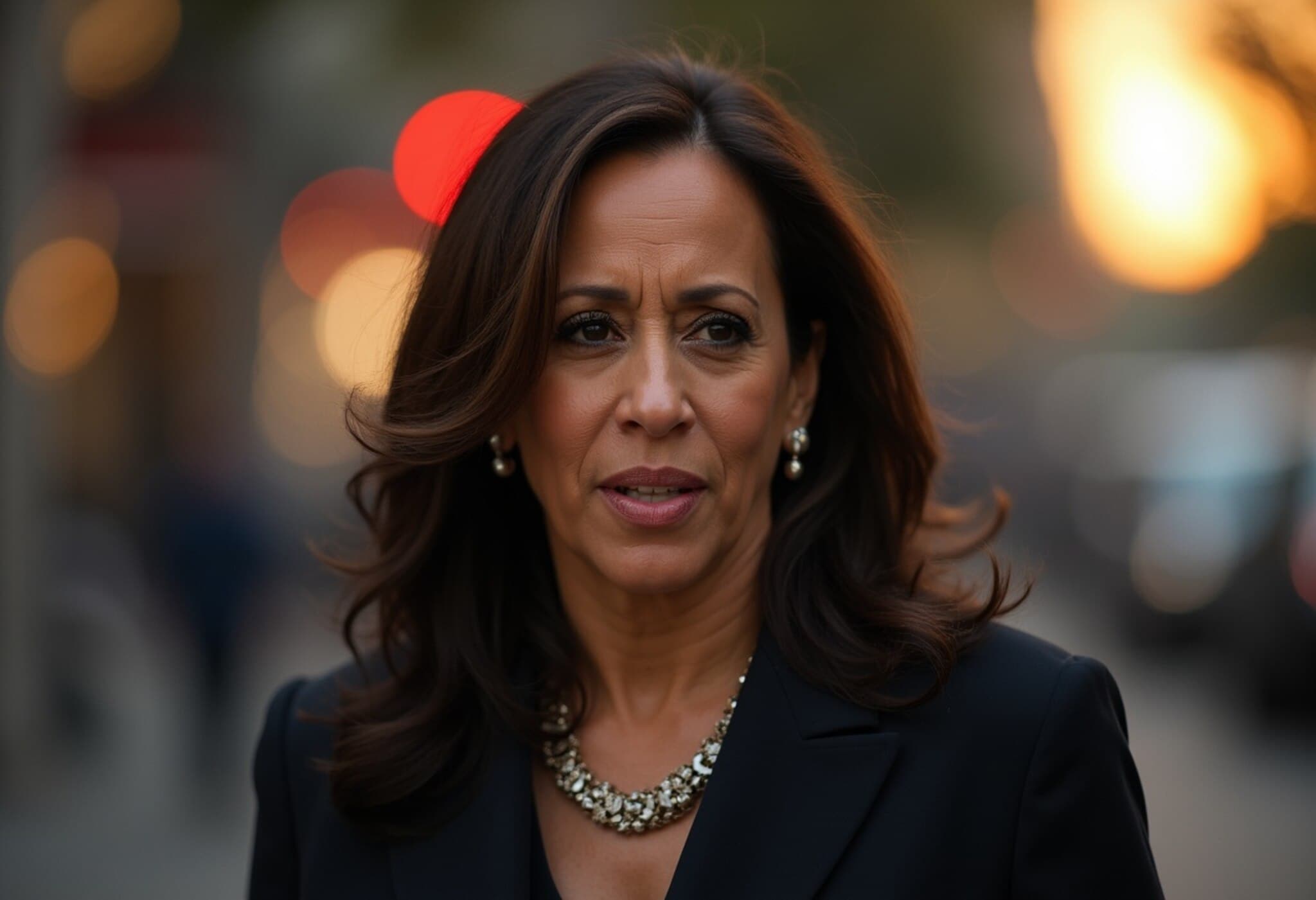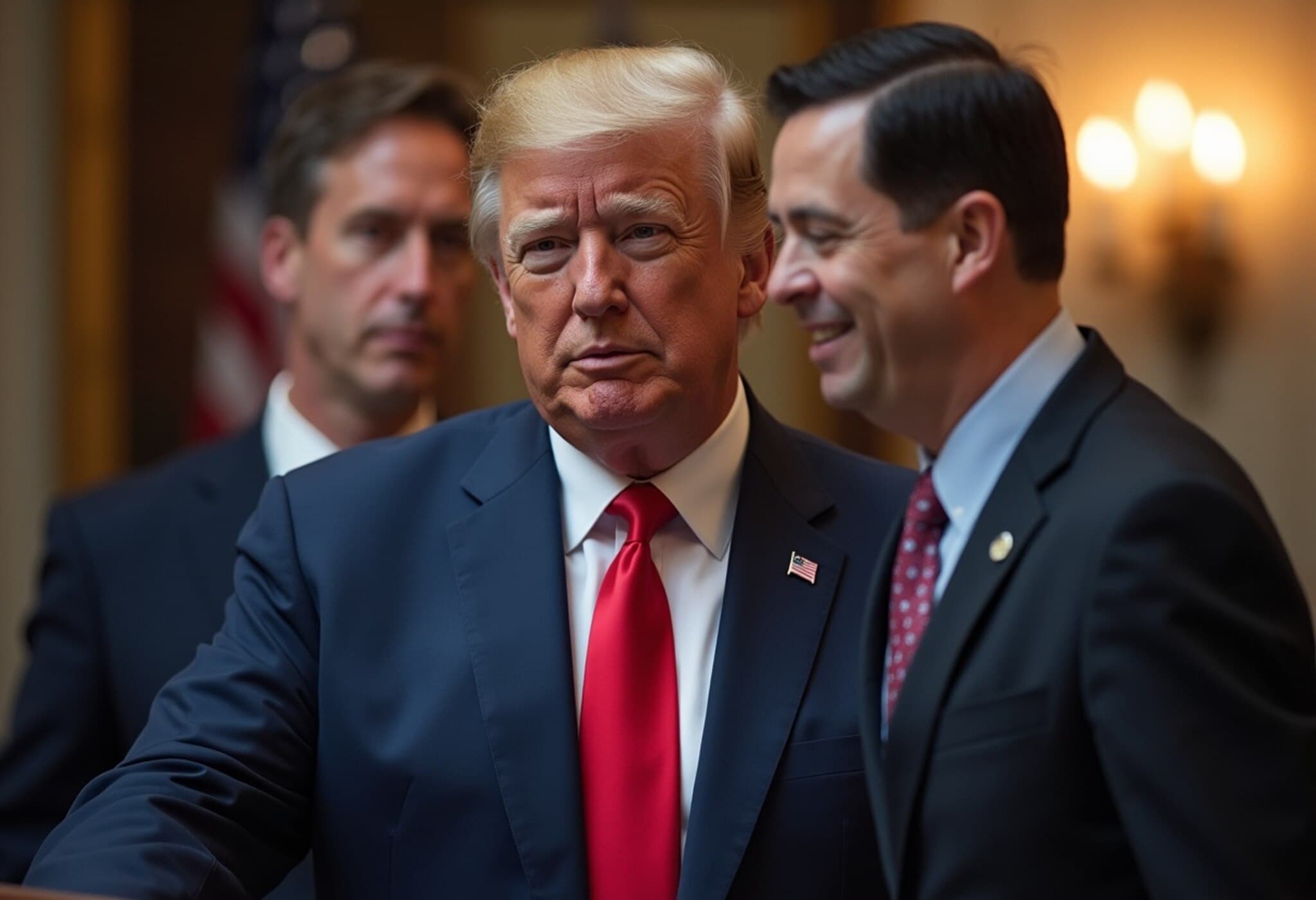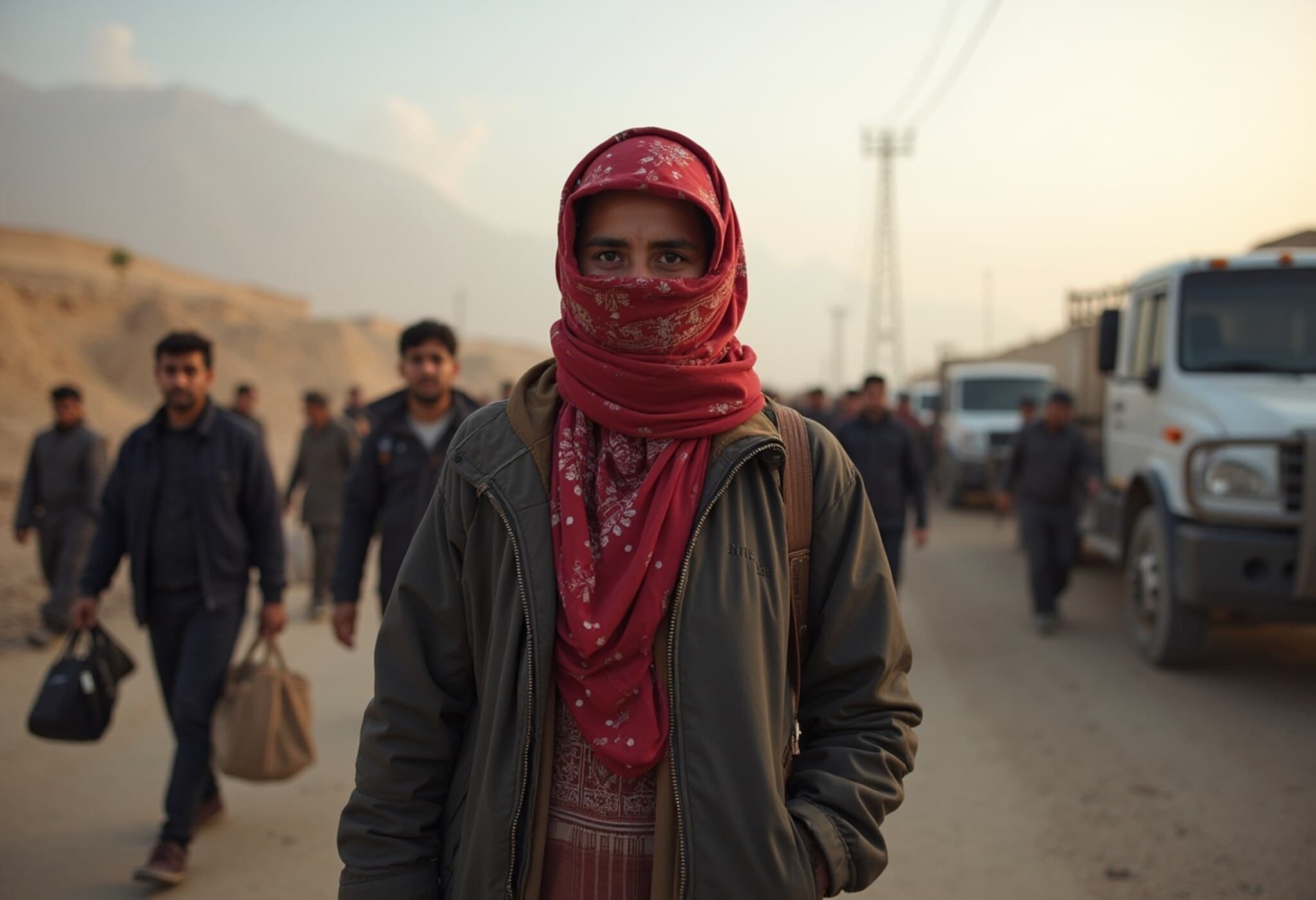Kamala Harris Discusses Democratic Party Leadership Without Naming a Single Leader
In a candid and nuanced conversation on The Late Show with Stephen Colbert, former Vice President Kamala Harris sidestepped direct questions about who currently leads the Democratic Party. Appearing to promote her upcoming memoir, 107 Days, which chronicles her 2024 presidential campaign, Harris emphasized the shared responsibility among many leaders rather than identifying a single figurehead.
‘There Are a Lot of Leaders’: A Collective Approach to Leadership
When asked bluntly by Colbert who leads the Democratic Party now that she is out of office and not campaigning, Harris chose to highlight collective stewardship over singular leadership. Laughing softly, she said, “There’s a lot of leaders.” Pressed further, Harris declined to name names, expressing concern about inadvertently excluding anyone.
Her response pointed to a broader, more collaborative vision of party leadership: “I think it is a mistake for us who want us to figure out how to get out and through this and get out of it to put it on the shoulders of any one person. It really is on all of our shoulders.”
Reflecting on a Public Service Career Rooted in Integrity
Harris used the platform to reflect on her lifelong commitment to public service—one marked by a strong devotion to rule of law and integrity. She recounted how her decision to become a prosecutor was once a point of family debate, highlighting the personal stakes involved in her career choices.
She said, “I am a devout public servant. I have spent my entire career in service of the people. I thought a lot about running for governor. I love California. I've served as elected district attorney, attorney general, and senator.” This self-reflection resonates deeply with many Americans who grapple with the personal sacrifices behind political careers.
Hints at the 2028 Presidential Race Amid Speculation
With Harris having decided against running for California governor in 2026, speculation is rife about her potential entry in the 2028 presidential race. The field anticipates competition from prominent Democrats such as Gavin Newsom, Pete Buttigieg, Andy Beshear, and Gretchen Whitmer.
Harris kept her cards close, neither confirming nor denying her ambitions, yet her memoir's release fuels conversations about her political future. The memoir promises an intimate, behind-the-scenes look at her 107-day presidential campaign journey—a relatively brief but historic bid that broke barriers for women of color in U.S. politics.
Insights from ‘107 Days’: Surprises and Personal Reflections
During the interview, Colbert asked what surprised Harris most about the rigor of a presidential campaign. Her answer was both candid and telling: “Well, one, I mean, just again, to be very candid, my prayer every night was to ask God, I hope I have done everything I could do today.” This reveals the immense personal and spiritual demands entailed in such high-stakes public service.
Contextualizing Leadership and the Democratic Party’s Future
Harris’s avoidance of pinpointing a sole party leader underscores a broader trend in contemporary politics: leadership is increasingly fragmented and distributed. In an era marked by factionalism and the need for coalition-building, her perspective invites reflection on how American political parties evolve beyond traditional hierarchies.
As the Democratic Party navigates shifting ideological currents and prepares for pivotal elections, Harris’s comments evoke critical questions:
- Can collective leadership effectively guide the party through looming challenges—or does the party need a unifying figure?
- How do emerging leaders balance personal ambition with party unity?
- What role will Harris herself play in shaping the party’s trajectory moving forward?
These questions bear substantial implications for American democracy, especially as 2028 approaches.
Editor’s Note
Kamala Harris’s recent remarks shed light on the evolving nature of political leadership within the Democratic Party. Her emphasis on collective responsibility challenges conventional expectations for a singular party head and reflects broader changes in American political culture. Meanwhile, the release of 107 Days offers a rare glimpse into the trials, hopes, and resilience of a historic presidential run. As speculation mounts around Harris’s future, readers are encouraged to watch how her leadership philosophy might influence the party’s approach to the coming election cycles.
Ultimately, Harris’s story is a powerful reminder that leadership in democracy is complex, multifaceted, and deeply human—rooted not only in influence but also in service, reflection, and shared endeavor.

